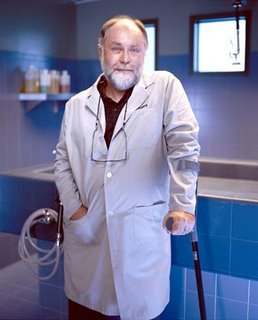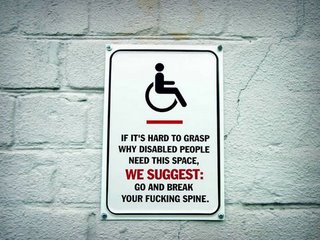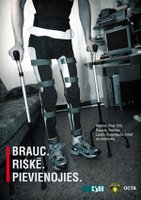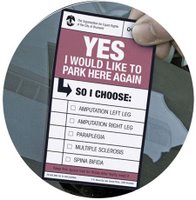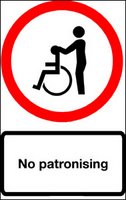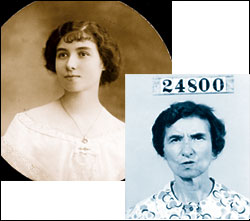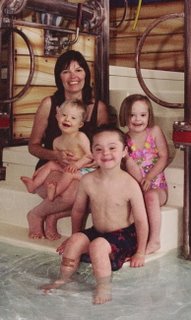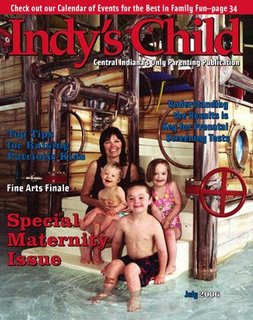 Disabilitystudies at Yahoogroups notes that today is the birthday of Emperor Claudius. While we were recently posting here about disabled Members of Parliament before 1900, Claudius was a disabled Emperor--he is said to have had a pronounced limp, weakness in his hands and knees, and a stammer from childhood, such that his own mother and grandmother referred to him as 'half-formed' and 'a fool.' (Today, it's most often assumed that he had cerebral palsy.) He was the butt of insults as a boy; his family hid him from public view in his youth, and expected little of him. Claudius took advantage of the enforced leisure, and studied history. After Caligula's assasination, he was left as the only surviving male in his family, and became Emperor in 41 AD.
Disabilitystudies at Yahoogroups notes that today is the birthday of Emperor Claudius. While we were recently posting here about disabled Members of Parliament before 1900, Claudius was a disabled Emperor--he is said to have had a pronounced limp, weakness in his hands and knees, and a stammer from childhood, such that his own mother and grandmother referred to him as 'half-formed' and 'a fool.' (Today, it's most often assumed that he had cerebral palsy.) He was the butt of insults as a boy; his family hid him from public view in his youth, and expected little of him. Claudius took advantage of the enforced leisure, and studied history. After Caligula's assasination, he was left as the only surviving male in his family, and became Emperor in 41 AD.Read an online edition of Suetonius' The Life of Claudius (c. 120 AD), in English, Latin, French or Italian, here. Suetonius had access to the Imperial Archives; he quoted letters written by the Emperor Augustus to his wife Livia about what should be done about their young grandson Claudius (I'm using the Robert Graves translation here):
The question is whether he has--shall I say?--full command of all his senses. If so, I can see nothing against sending him through the same degrees of office as his brother; but should he be deemed physically and mentally deficient, the public (which always likes to scoff at such things) must not be given a chance of laughing at him and us.




